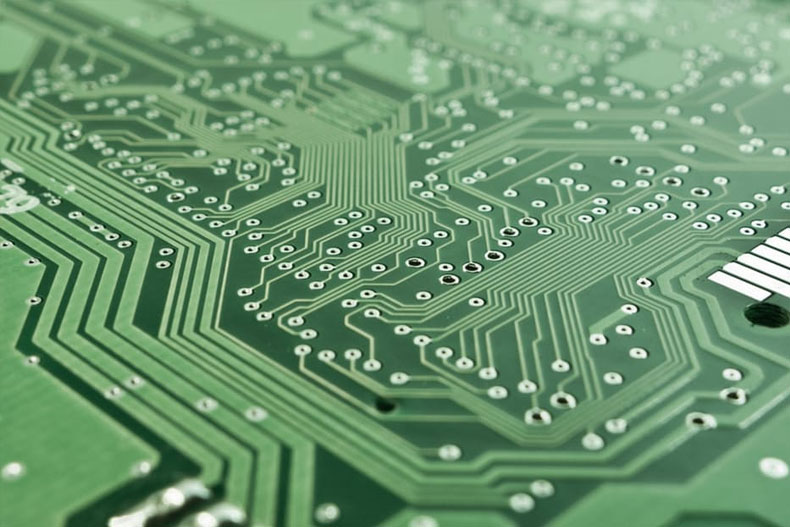
One of the most difficult things in business is understanding tech jargons. If you’re new to the world of business because you’re just getting your foot in the door, it can be incredibly difficult trying to understand what people are saying and they may even act condescending towards you just because you’re new to their world. But however small you feel when you’re starting up a new business, you shouldn’t be too concerned about how others are talking you down or treating you, but it does help if you understand some of the jargon they use.
Unlike a lot of slang and jargon used in other things in the world, tech jargon has its place because there are terms and words used to describe things that would otherwise take a sentence or two to explain. Once you’ve acquainted yourself with a couple of tech jargon terms, you can often understand what new terms mean when they are coined and you might even be creative enough to invent your own terms. Luckily, when you’re starting out, there are many IT services that remove the jargon from their vocabulary, making it easy for you to understand and follow what they’re talking about. Although it does help to get your business started, you’ll need to understand some of those terms in the long run because they can be useful when trying to speak with clients, show your knowledge to your employees or even to impress investors.
Without further ado, here are a couple of common tech jargon terms that you should learn as soon as possible.

Common Tech Jargon Terms:
Content Marketing
This refers to using content in an attempt to market a product. Content could be blogs, videos, eBooks and other forms of digital media. For instance, a company could give a review unit of a product to bloggers or YouTube content creators and request they write a review about their product. Sometimes, the content creator may request money, but most of the time it’s enough if they get a free copy of a new piece of technology.
Digital Marketing
This refers to marketing strategies that utilize digital technology such as computers, phones and the internet. With the rise of smartphones, it has become easy for everyone to use their mobile devices to browse social media, websites and discussions, and that has opened up our mobile devices to advertising.
Email Marketing
This refers to using email as a means to contact users and market products. This is a fairly outdated method of marketing because users tend to block spam emails and unsubscribe to mailing lists to prevent their inboxes from cluttering.
SEO
Short for search engine optimization. This is a term used to describe methods that are used to optimize a web page so that it will be ranked higher in a search engine’s results. For instance, by adding more phrases or words that are commonly searched by internet users, your web page will appear higher because it appears more relevant.
Traffic
The number of people that visit a website. High traffic would indicate a lot of viewers, and low traffic means a low amount of viewers. Traffic is usually generated by using digital marketing strategies and social media to increase exposure.
Content Creation
Content creation refers to the act of creating content that is intended to be consumed by the end user. For instance, content could be a blog post, an infographic, a video or any other form of digital media. Content creation can be done by almost anyone, but it is considered a profession and there are many specialized outsourcing services that provide content creation services to businesses.

Influencer
An influencer is someone who possesses an influential position in their industry. You don’t necessarily need to have power in order to be an influencer. For example, it could be a famous blogger or YouTube content creator that has a lot of followers or fans on social media and not the CEO of a company. Influencers typically rise to fame through social media, or if they have an influential position in the industry such as being a CEO.
Organic
This is a term used to describe content that has grown in popularity due to real people liking it and sharing it as opposed to being promoted by a company. Many companies pour money into advertisements and promotions in order to attract attention, but this is generally referred to as non-organic marketing.
Social Media
Social media refers to the websites and software applications that allow users to create and share content with each other. Popular examples include Instagram, Facebook and Twitter.
Engagement
Engagement refers to how people interact with content. For instance, social media engagement would refer to how many people like, retweet or respond to a Twitter message. Engagement is encouraged by using mentions and hashtags.
UI
Short for user interface. This is used to describe the menus, buttons and links on a website or software application. A good UI means that it is clean, easy to use and it doesn’t take long to get accustomed to.
UX
Short for user experience. This is used to describe the user’s overall experience when using something such as a website or software application. A good user experience indicates that everything is straightforward and there are no convoluted menus to navigate.
Cloud Computing
Cloud computing refers to using the internet as a means to do tasks that usually require your own computer. Computational tasks and storage are done on a powerful computer located somewhere else in the world and the results are given back to you instead of you requiring the hardware. For instance, you don’t need a large hard drive to store files if you use cloud storage, and you can offload complex calculations and computer tasks to another server if your computer isn’t powerful enough. This can only be done by certain applications, however.
Software
Used to describe the programs that we use on our computers and phones. Computers are fairly “dumb” without guidance, and software is developed to give computers a set of instructions to tell it to do something. Without software, our computers would serve no use. Software can include operating systems such as Windows or Mac, web browsers, phone applications and productivity applications. If it runs on your device, it’s software.











